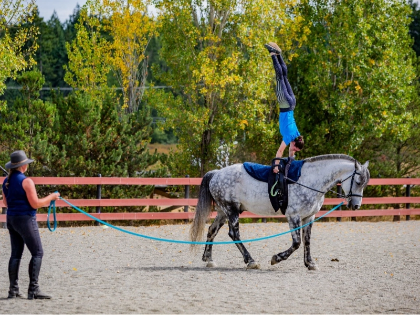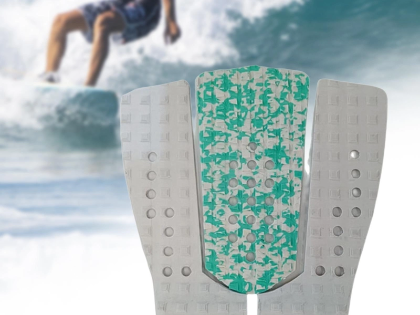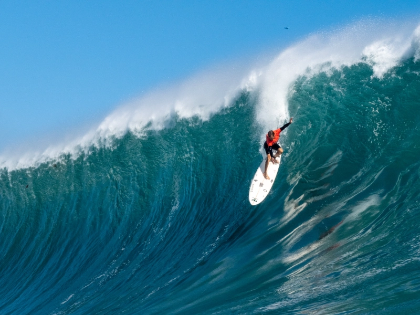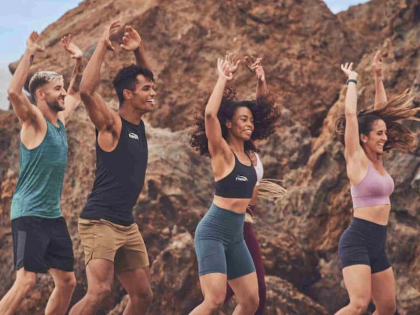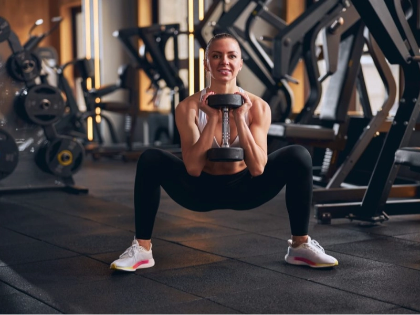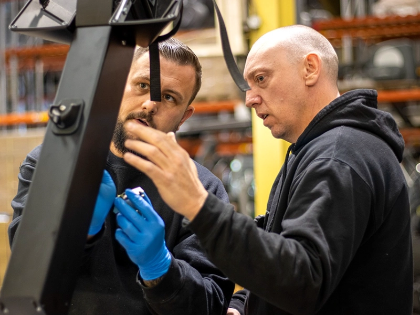Sustainable Equestrianism: Eco-Friendly Practices For Horse Owners
By giving sustainability top priority, everyone of us responsible equestrians can have an impact. This include using green products, energy-efficient buildings and rotational grazing. Given water is a valuable resource, make sure your stable yard uses rainwater butts and fixes any leaking taps. Choose also environmentally friendly and natural material-based organic horse care solutions.
Energy Efficiency
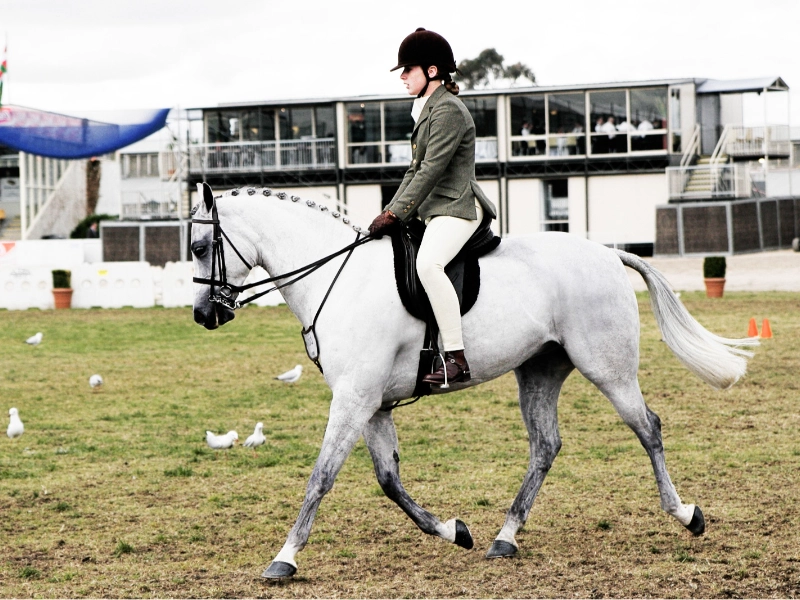
Water Conservation
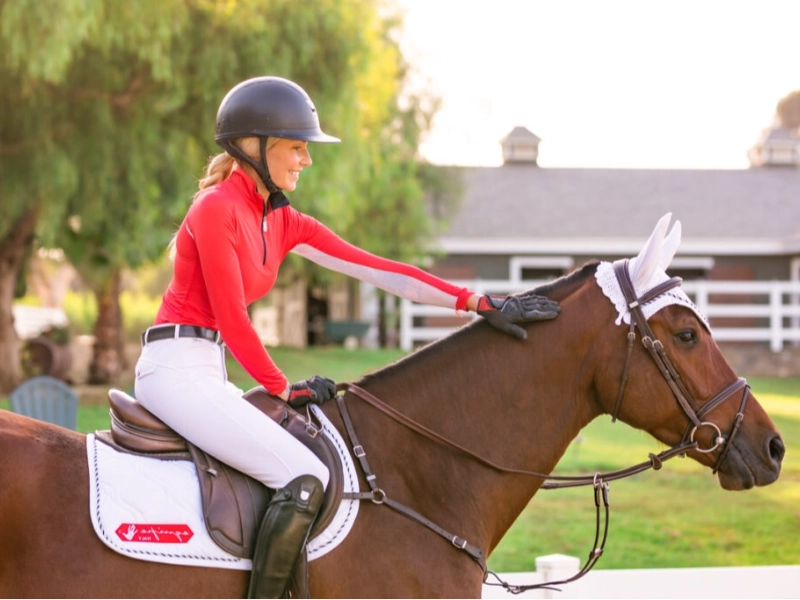 Horse health and well-being depend on a lot of water. Among the several methods horse owners may save resources and help the environment include gathering rainwater, using solar energy, and cutting fertiliser use.
To further reduce their impact on habitat for wildlife, equestrians should fence horses out of bodies of water including rivers, streams and ponds. They should also guarantee that overgrazing does not affect the areas around water sources and apply rotational grazing to stop land degradation.
Equestrians should also be aware of inefficient water use habits include soaking hay or spongeing off sweaty horses or buckets of water lost. Investing in water butts scattered throughout the stable yard to gather rainwater will enable equestrians reduce unnecessary water consumption. They can also investigate aeration devices for arenas to lower dust and compaction, therefore limiting the need for water use for paddock or arena cleaning.
Horse health and well-being depend on a lot of water. Among the several methods horse owners may save resources and help the environment include gathering rainwater, using solar energy, and cutting fertiliser use.
To further reduce their impact on habitat for wildlife, equestrians should fence horses out of bodies of water including rivers, streams and ponds. They should also guarantee that overgrazing does not affect the areas around water sources and apply rotational grazing to stop land degradation.
Equestrians should also be aware of inefficient water use habits include soaking hay or spongeing off sweaty horses or buckets of water lost. Investing in water butts scattered throughout the stable yard to gather rainwater will enable equestrians reduce unnecessary water consumption. They can also investigate aeration devices for arenas to lower dust and compaction, therefore limiting the need for water use for paddock or arena cleaning.
Recycling
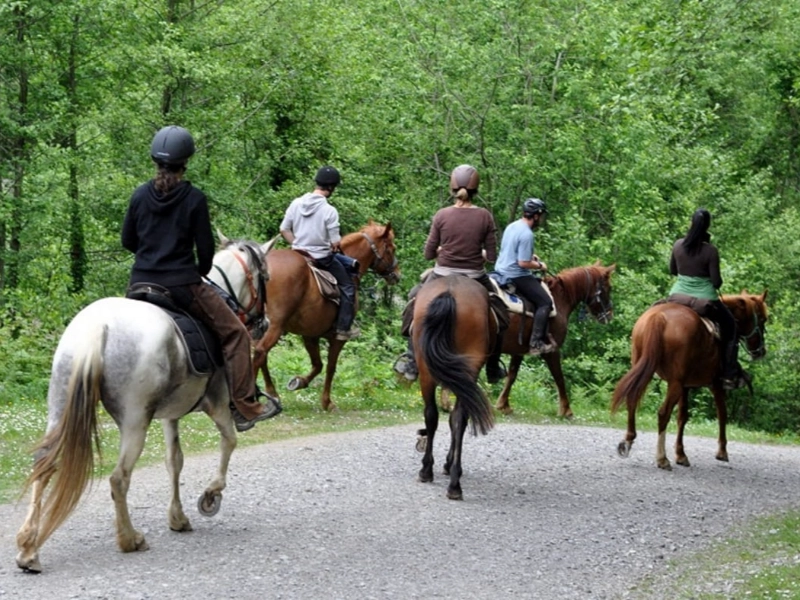 Reusing or recycling horse products—show jackets and tack trunks—helps the environment and saves money. Buying equine goods in volume also cuts packaging waste.
Another major area horse owners may influence is water conservation. Minimising waste means using automatic watering troughs with float valves, which turn off at a specific level. Likewise, an inexpensive approach to save wasted water is gathering rainwater from gutters and downspouts on barn roofs for use in washing tools or stall cleaning.
Another environmentally favourable habit that enhances soil health, provides shade and feed, and creates insect predator habitat is keeping pastues and paddocks treed. Silvopasturing also helps regulate water runoff, which brings nutrients and diseases into lakes and streams.
Following the Sustainability Handbook for Event Organisers published by FEI can help equestrian event planners extend their environmental efforts. Designed in partnership with environmental sustainability professionals White Gryphon, this booklet advises organisers through several actions aiming at minimising negative effects of equestrian activities.
Reusing or recycling horse products—show jackets and tack trunks—helps the environment and saves money. Buying equine goods in volume also cuts packaging waste.
Another major area horse owners may influence is water conservation. Minimising waste means using automatic watering troughs with float valves, which turn off at a specific level. Likewise, an inexpensive approach to save wasted water is gathering rainwater from gutters and downspouts on barn roofs for use in washing tools or stall cleaning.
Another environmentally favourable habit that enhances soil health, provides shade and feed, and creates insect predator habitat is keeping pastues and paddocks treed. Silvopasturing also helps regulate water runoff, which brings nutrients and diseases into lakes and streams.
Following the Sustainability Handbook for Event Organisers published by FEI can help equestrian event planners extend their environmental efforts. Designed in partnership with environmental sustainability professionals White Gryphon, this booklet advises organisers through several actions aiming at minimising negative effects of equestrian activities.
Purchasing
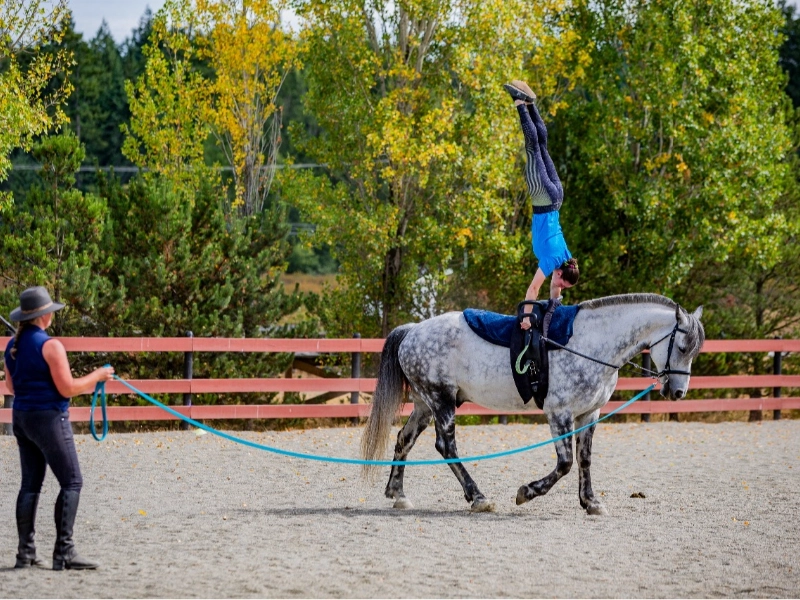 One of the best things you can do as an equestrian is buy sustainingly. Without compromising quality or style, supporting sustainable products, buying second-hand gear and clothes, and using thrifting apps help you to lessen your influence on the earth.
Using water saving methods is also crucial for lessening your environmental impact. Simple ways to cut back are keeping troughs and buckets emptied, timing on arena waterers, and avoiding overflowing water tubs. To cut consumption of freshwater sources, perhaps think about putting water butts and rainwater collecting systems around your yard.
Searching for goods bearing third-party sustainability certifications is another approach to buy sustainably. For their collection of riding breeches, for instance, equestrian clothing company Equestrian Stockholm combines recycled polyester and coffee bean fibres, which calls for reduced production energy and chemical use. Additionally Bluesign-certified, which indicates their dedication to environmental sustainability and sustainable living.
One of the best things you can do as an equestrian is buy sustainingly. Without compromising quality or style, supporting sustainable products, buying second-hand gear and clothes, and using thrifting apps help you to lessen your influence on the earth.
Using water saving methods is also crucial for lessening your environmental impact. Simple ways to cut back are keeping troughs and buckets emptied, timing on arena waterers, and avoiding overflowing water tubs. To cut consumption of freshwater sources, perhaps think about putting water butts and rainwater collecting systems around your yard.
Searching for goods bearing third-party sustainability certifications is another approach to buy sustainably. For their collection of riding breeches, for instance, equestrian clothing company Equestrian Stockholm combines recycled polyester and coffee bean fibres, which calls for reduced production energy and chemical use. Additionally Bluesign-certified, which indicates their dedication to environmental sustainability and sustainable living.

